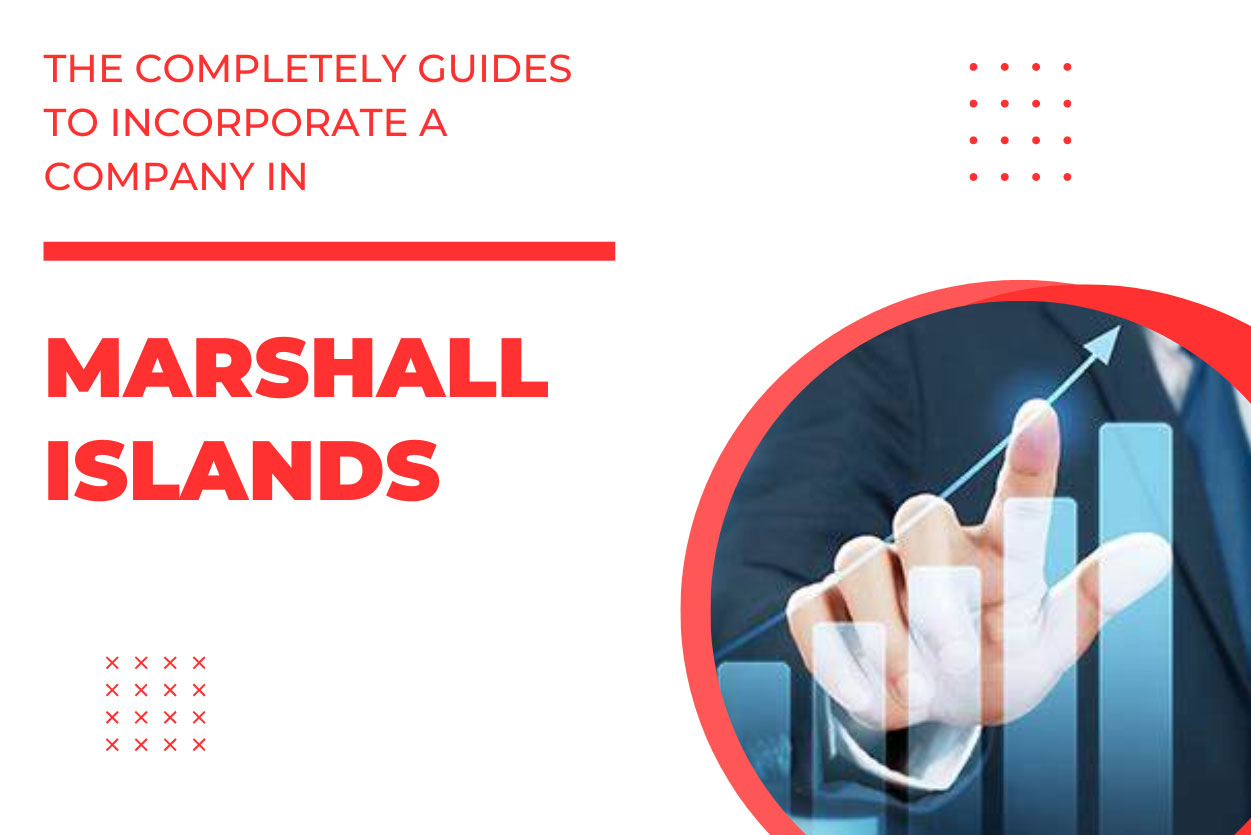Marshall Islands Offshore Company Industries
The Marshall Islands are an island country that is part of the United States. It lies in the Pacific Ocean and part of the Oceania Micronesian archipelago. It is around 70.05 square miles in size and has a population of approximately 53,200 people. Around 73% of the population resides in cities, with 52% residing in Majuro, the capital. The Marshall Islands' GDP is around $210 million, with a per capita income of approximately $3,500. Since the start of the decade, the economy has risen at an annual pace of 2.3% to 2.5%.
Agriculture, fishing, tourism, shipping, and finance are the most important businesses of the Marshall Islands. For decades, the Marshall Islands served as a vital international shipping center. This archipelago of tiny atolls is now at the forefront of promoting sustainability in the nautical sector. How do these little islands play such a vital role in global shipping? Let's find out with G.O.C.

Marshall Islands Economic Overview
Agriculture, fishing, and shipping are the backbones of the economy. The primary trading partners are the United States, China, Japan, and Australia. The Marshallese dollar is the national currency, and English and Marshallese are the official languages. Two international airports serve as hubs for aviation traffic, with runways spread across the bigger islands. There are four deep-water ports for huge ships. Satellite phone, fax, and email connections allow excellent worldwide communications. Citizens can obtain banking services through the Bank of Guam, which is FDIC-insured, and the Bank of the Marshall Islands.
Overview of Marshall Islands industries
Agriculture
Because of a shortage of land to create huge plantations, agricultural output in the nation is primarily subsistence. The principal foods produced are banana, coconut, breadfruit, arrowroot, and yam. The most important commercial crop is copra. Pigs and hens are the most prevalent animals kept.
Fishing
Majuro, the capital city, is one of the busiest tuna shipment ports in the world, with 710 shipments totaling nearly 450,000 tons. The city is also a significant fish processing facility, with the Pan Pacific Foods Company shipping fish to a number of nations, including the United States. The Marshall Islands grants fishing permits to foreign fleets since the country's marine sector is still developing.

Shipping
The Marshall Islands, located in the center of the Pacific Ocean, not far from the equator, physically comprise such a small area of the planet that their position is difficult to pinpoint on a map. This group of 29 coral atolls, however, is critical in international trade. Despite decades of foreign domination and restricted commercial prospects, the Marshall Islands has established itself as a vital industrial participant. It is home to the world's second biggest ship registry. Because of the country's high reputation in the maritime sector, the Marshall Islands is a popular choice for the flag of convenience for vessels.
As of 2018, the country's ship registration was only surpassed by Panama. The state laws do not require vessels flying the Marshallese flag to be owned by residents or businesses, but they must abide by the state's maritime rules and regulations. This policy permits ships registered in the nation to exchange items inside the country's maritime limits, allowing the Marshall Islands to export goods that it does not produce, such as crude oil.Some of the most recent boats are now registered under its flag, which supports high quality standards and sustainability in the marine sector.
Conclusion
The information provided here is beneficial for investors and anybody looking to start a business in the Marshall Islands. It is usually known that forming a business necessitates a plethora of sophisticated documentation and processes in Marshall Islands. It is also worth noting that foreigners are required by Marshall Company Law to engage the services of a licensed corporate service provider. CONTACT G.O.C RIGHT NOW to receive the greatest offer and save time.
Disclaimer: This guide serves as a reference tool and should not substitute legal advice. For tailored guidance, consult G.O.C's customer services.








